DARPA Awards Ginkgo Bioworks and Transcriptic $9.5M to Bring AI into the Lab
The industry partners will use the money to train artificially intelligent laboratory robots.Many people assume that when robots enter the economy, they’ll snatch low-skilled jobs. But don’t let a PhD fool you — AI-powered robots will soon impact a laboratory near you.The days of pipetting liquids around were already numbered. Companies like Transcriptic, based in Menlo Park, California, now offer automated molecular biology lab work, from routine PCR to more complicated preclinical assays. Customers can buy time on their ‘robotic cloud lab’ using any laptop and access the results in a web app.The US Department of Defense sees a future in this model and has just awarded nearly $10 million jointly to Transcriptic and Ginkgo Bioworks, a Boston-based firm that sells genetically engineered microbes. The money flows from DARPA’s Synergistic Discovery and Design program, which seeks to render complex fields such as synthetic biology, neuro-computation, and polymer chemistry more amenable to automation by generating data at a petabyte scale. With more standardized data, DARPA reasons, complex systems become more designable.It won’t be scientists or engineers pouring over all that data. The firms intend to leverage machine learning and automated lab protocols to iteratively improve their ability to engineer biological systems. DARPA says it will create “a cloud-based open data exchange” for interested researchers at the end of the program.“Ginkgo’s founding mission is to make biology easier to engineer, and our comprehensive measurement of relatively simple systems — genome, transcript, proteome, and metabolome — provides us with the essential basis for creating predictive models of biology,” said Tom Knight, co-founder of Ginkgo Bioworks. We’re thrilled to collaborate with Transcriptic in automating high-throughput production and interpretation of this data.”
The synergy of AI and synthetic biology
In a recent tweet, Jason Kelly, another Ginkgo co-founder, revealed that the company did more genetic engineering in the month of March than in their first eight years combined. This newfound ability to tweak biology in high-throughout, combined with improved methods for measuring the results, is yielding terabytes of data. But, as Narendra Maheshri, an organism engineer at Ginkgo and leader of the new DARPA-funded initiative told me, ”there are no real first-principles approaches to trying to understand what is going on.”“Recently there has been an explosion in AI and machine learning, and that’s a discipline where you don’t have to have a first principles model — you learn the model,” said Maheshri. “The technology in both disciplines is at the point where it’s time to combine them and see what happens.”“We love the way that Ginkgo thinks about problems”, said Ben Miles, a product manager at Transcriptic. “There are so many great tools that have come out of the web and tech industry — neural nets, Bayesian machine learning — and the data sets in biology have typically been sparse. Using tools like high-throughput organism screening gives us an opportunity to generate huge quantities of data that we can apply some of these existing tools to.”
A data revolution
In a recent interview with the Economist, Transcriptic CEO Yvonne Linney explained that by converting laboratory protocols into code, her company can allow any scientist anywhere in the world to perform experiments remotely. This extreme standardization also enhances reproducibility, leading to improved data quality. Combine that with the fact that lab bots don’t need to sleep or socialize and it becomes clear: biology may be on the verge of a data revolution.“By computationally controlling Transcriptic’s core automated biological platform, we hope to accelerate science by rapidly and efficiently converting scientific findings into reliable processes and outcomes,” Linney said in a statement.Justin Siegel, an assistant professor in UC Davis’ Department of Chemistry, collaborated with Transcriptic last year to produce what he called “the largest dataset of its kind” — a detailed kinetic profile of over 100 purified enzyme variants. Thanks in part to standardization, the academic team was able to train a new algorithm to predict the performance of mutant enzymes based on their structural features. Miles believes the new DARPA grant will enable even more expansive synthetic biology research.This is not the first time these companies have worked together. As part of a different five year, $10 million deal, Ginkgo has partnered with Transcriptic to double their production capacity. The firms will use the DARPA money to link their databases, develop machine learning tools and run automated protocols at each facility to enable cross-site validation.



.svg)






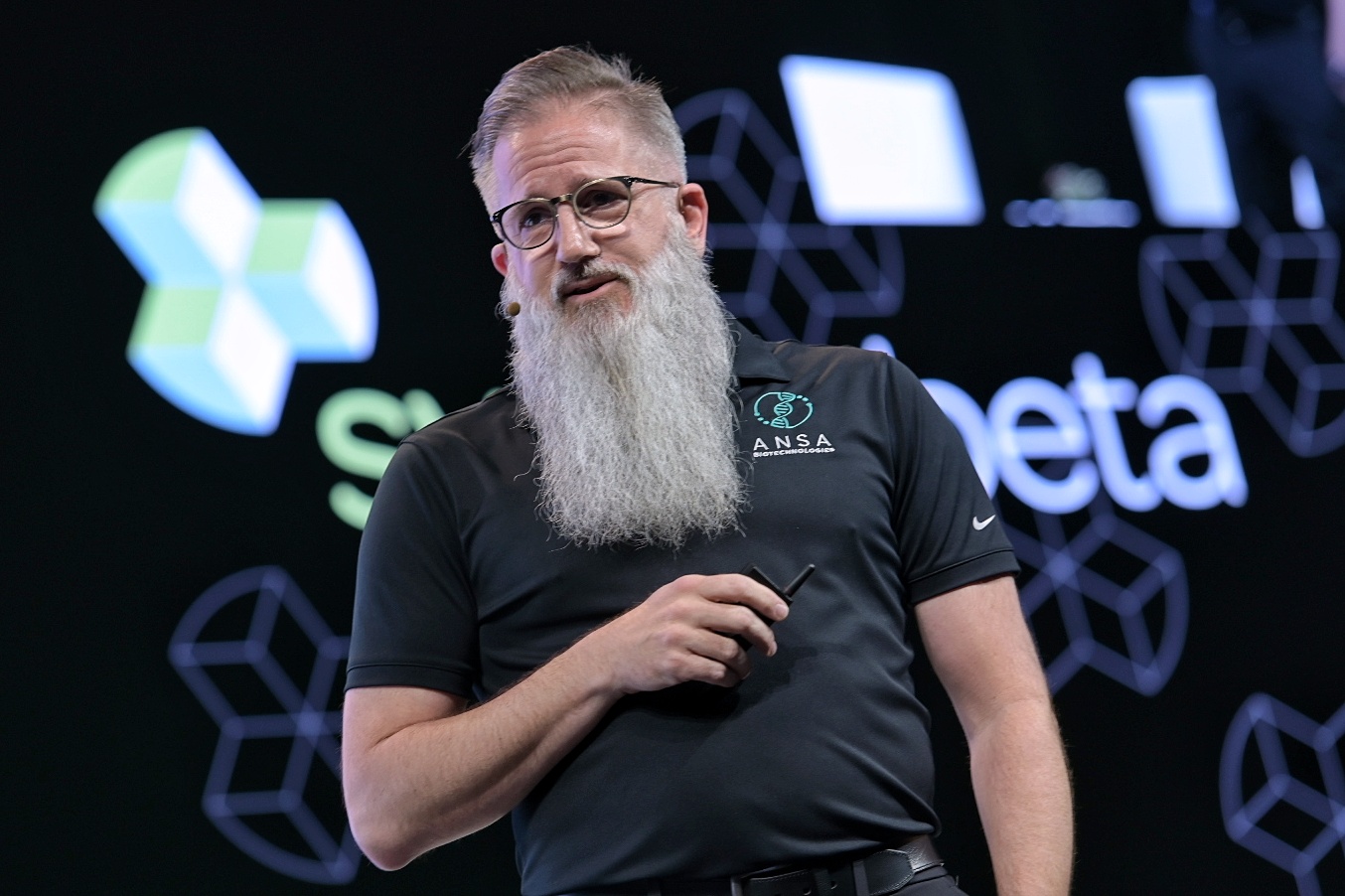
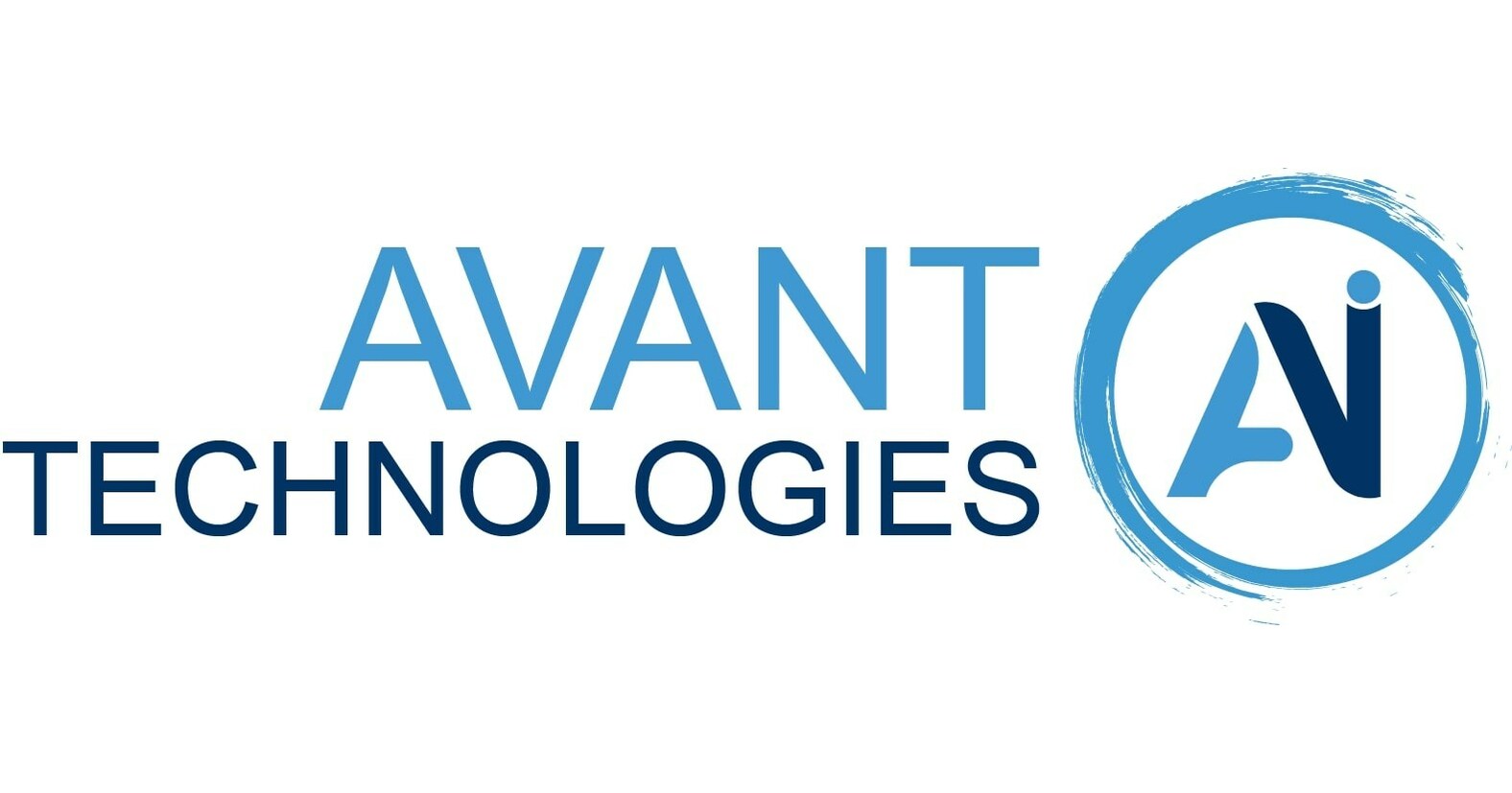
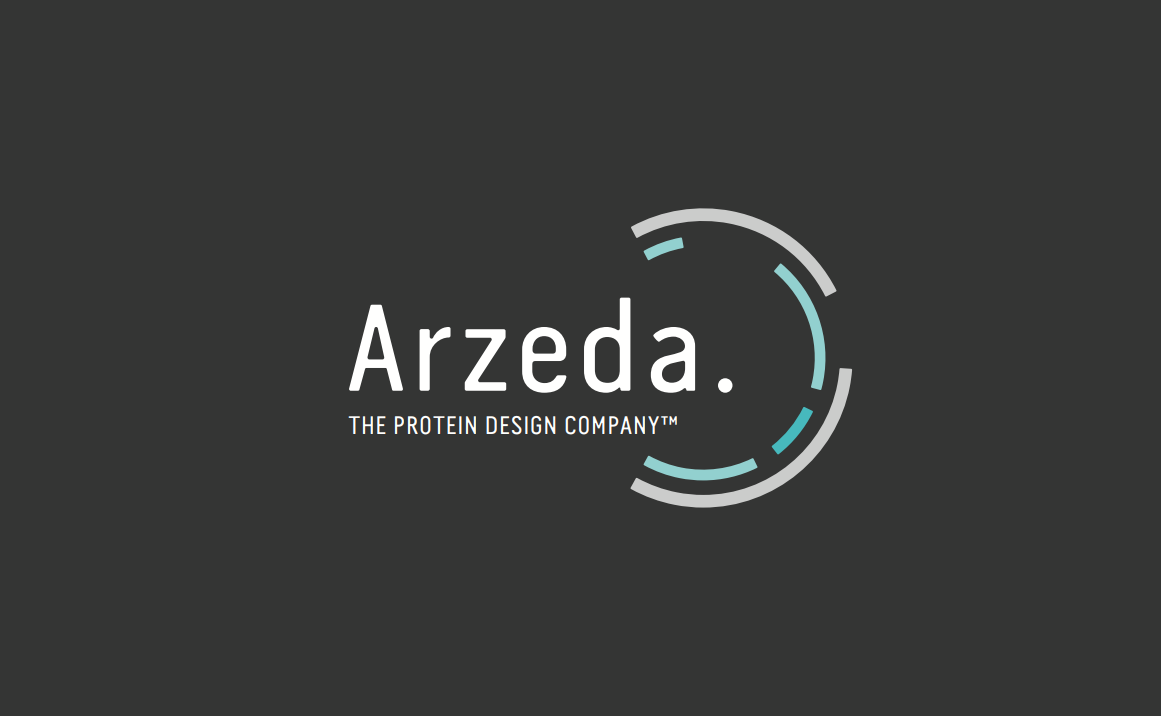
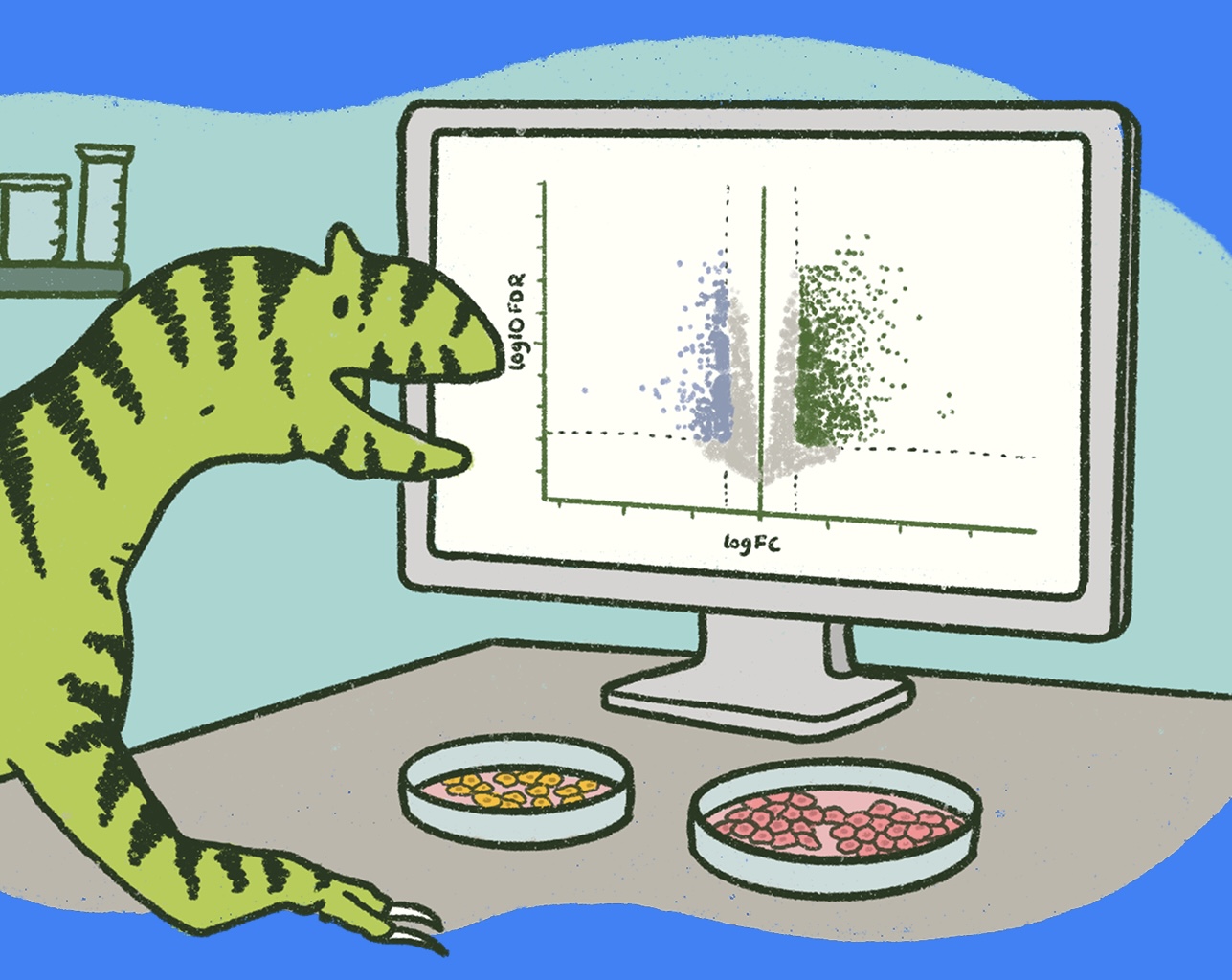
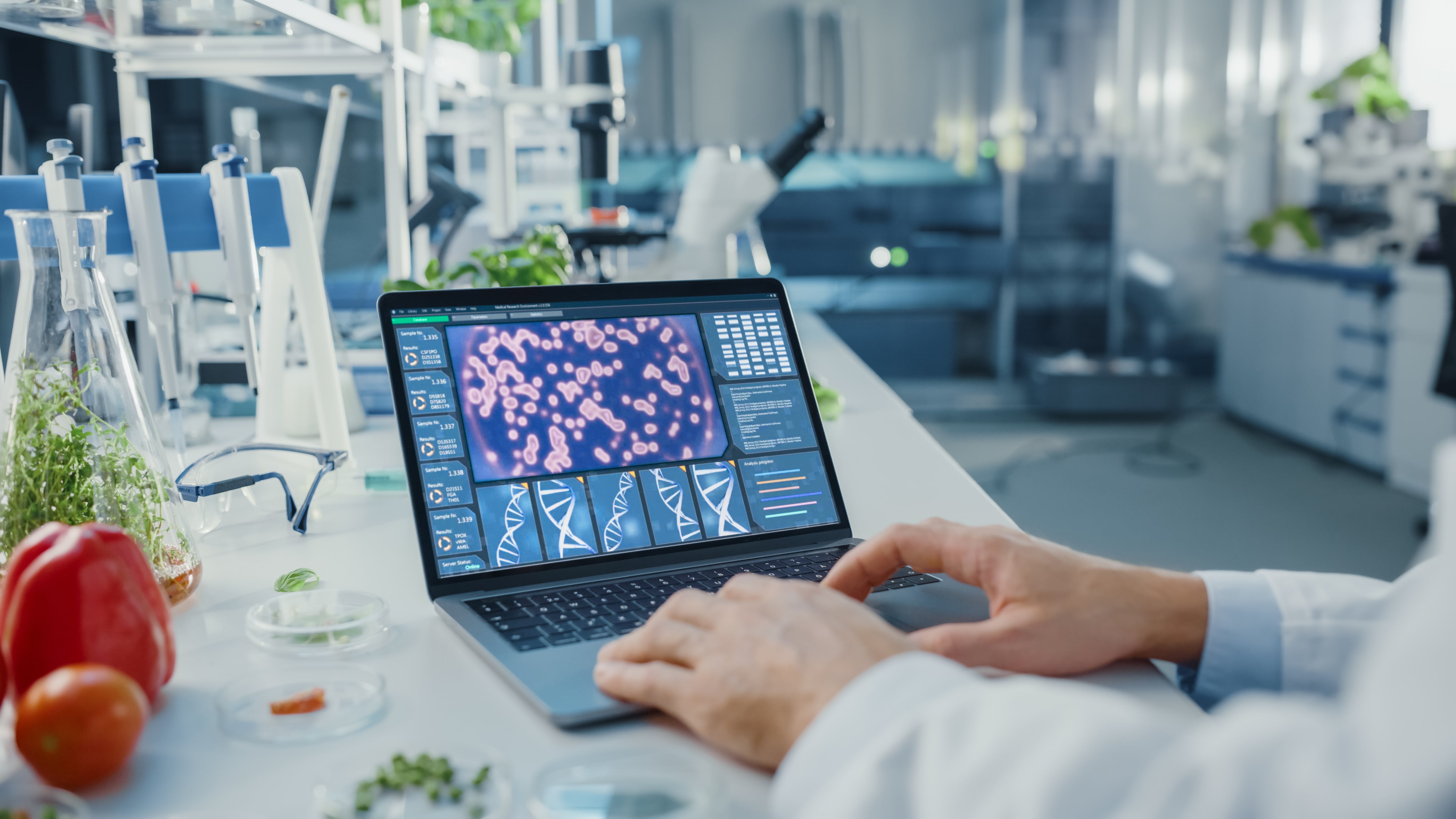
-min.png)
.gif)